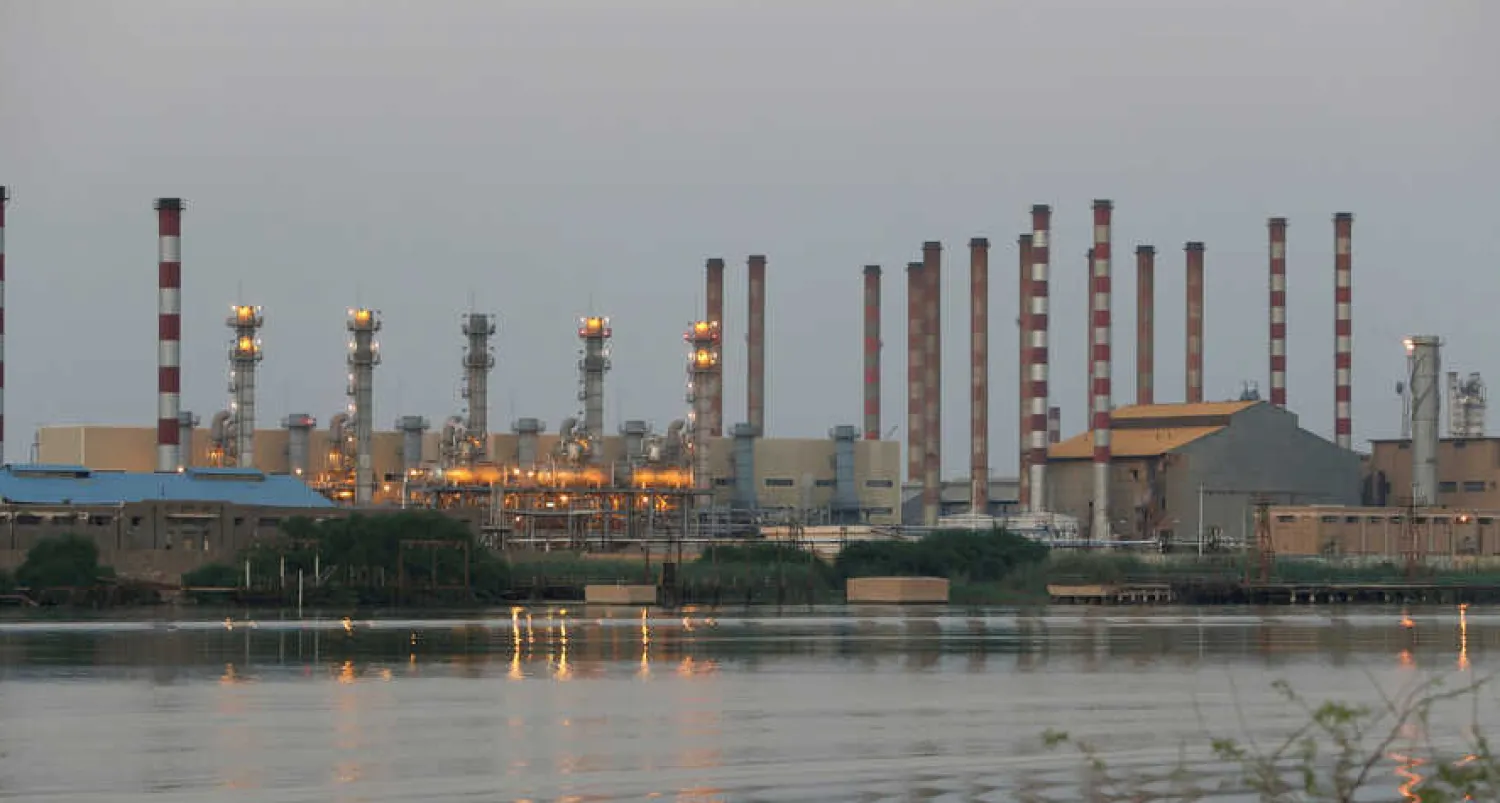The Iraqi Ministry of Electricity announced completing all procedures to connect its electricity grid with GCC Grids.
The ministry's spokesman, Ahmed Moussa, said in a press statement that 87 percent of the understandings that were put forward between Iraq and the Gulf countries on the electrical linkage had been completed.
Moussa indicated that the project still needs a memorandum of implementation for the power lines that connect the al-Faw power plant with Kuwait's al-Zour power plant.
Moussa added that the capacity will be 500 megawatts in the first phase and will begin transferring to Basra Governorate in the summer of 2022.
The Ministry of Electricity also aims to transfer solar energy projects to work at 7,500 megawatts, especially since an initial agreement was signed with the Chinese company (PowerChina) at a value of 2,000 megawatts.
Iran often deliberately cuts off gas and electricity supplies to Iraq unilaterally, according to Moussa.
He indicated that supplies were cut off in July and Tehran claimed the country needs electricity. It has a binding agreement with Baghdad based on Iraq's permission to import gas and electricity as an exception to the US sanctions imposed on Iran.
Iran cuts off supplies due to Iraq's failure to pay its $5 billion in debts, said the spokesman, which Baghdad cannot transfer due to the US sanctions.
The electricity ministry said Wednesday that Iranian gas supplied to the central and southern regions was reduced to 8 million cubic meters per day from 49 million, causing a risk of severe power shortages.
A reduction in Iranian gas supplies led the Iraqi national power system to lose about 5500 megawatts, the ministry said.
The ministry has contacted the Iranian energy ministry and Iran's embassy in Baghdad to clarify the reasons for the reduction.
The statement added that the ministry took urgent measures, including high coordination with the Ministry of Oil to pump additional quantities of alternative fuels to compensate for the losses, which could affect the maintenance of the production.
The Oil Ministry announced that the total imports of oil sales for the past month amounted to more than $6 billion due to the high oil prices and the increase in Iraq's exports from the oil fields between the governorates of Basra and Kirkuk.









